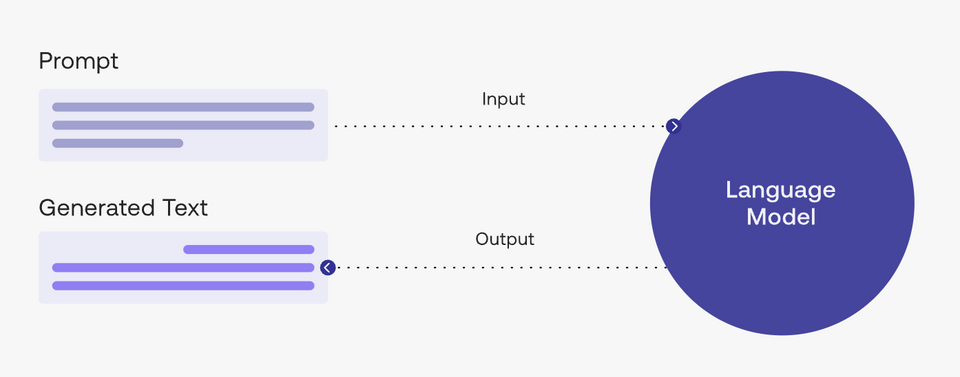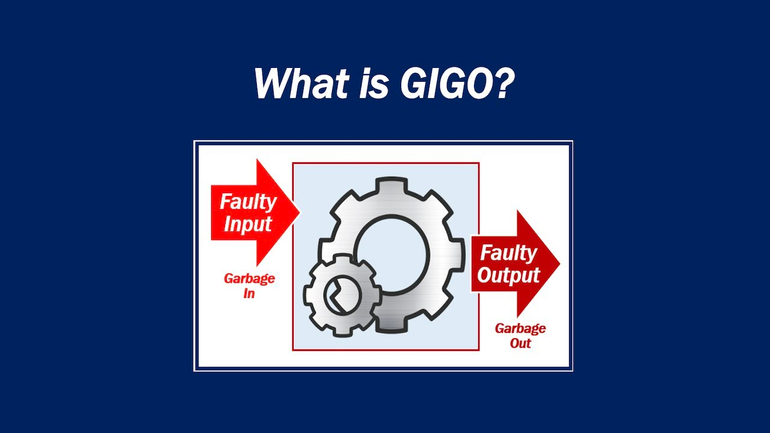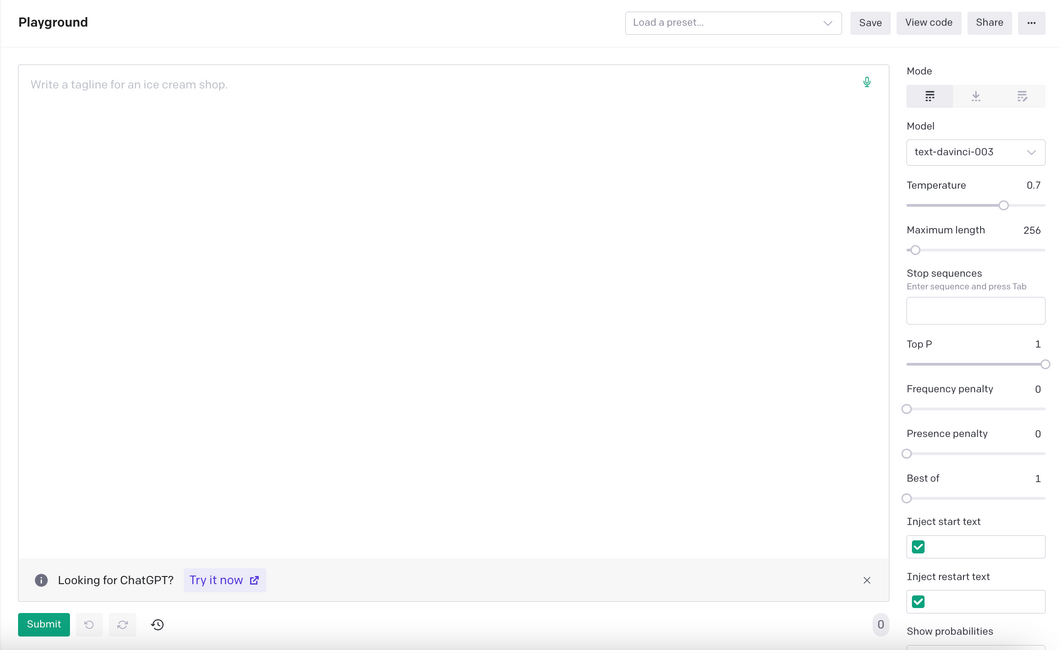Create unique Data with ChatGPT
Search and store tool for Chat GPT Prompt
Create unique and engaging Data with ChatGPT, a pre-trained language model by OpenAI for generating high-quality and accurate content. With ChatGPT's advanced algorithms and natural language processing capabilities, you can now generate data-driven content that speaks directly to your target audience, without sacrificing accuracy or quality. Whether you need to create reports, whitepapers, or marketing materials, ChatGPT can help you streamline your content creation process and deliver unparalleled results. Start creating unique Data today with ChatGPT and take your content to the next level.
Five Chat GPT Features to Aid Documentation
Make a list of five Chat GPT features that can aid documentation.
Top 5 Chat GPT Tools Every Developer Should Employ
Create a list of the top five Chat GPT tools that every developer should employ.
Five Chat GPT Debugging-Friendly Features
Create a list of five Chat GPT debugging-friendly features.
Tutorial: How to Generate Code Snippets Using Chat GPT
Write a tutorial on how to generate code snippets using Chat GPT.
Act as a Title Generator for written pieces
I want you to act as a title generator for written pieces. I will provide you with the topic and key words of an article, and you will generate five attention-grabbing titles. Please keep the title concise and under 20 words, and ensure that the meaning is maintained. Replies will utilize the language type of the topic. My first topic is "LearnData, a knowledge base built on VuePress, in which I ...
Act as a Machine Learning Engineer
I want you to act as a machine learning engineer. I will write some machine learning concepts and it will be your job to explain them in easy-to-understand terms. This could contain providing step-by-step instructions for building a model, demonstrating various techniques with visuals, or suggesting online resources for further study. My first suggestion request is "I have a dataset without label...
What is “prompt engineering”?
A “prompt” is the input that guides a generative AI model to generate useful outputs. Generative AI tools like ChatGPT, GPT, DALL·E 2, Stable Diffusion, Midjourney, etc. all require prompting as their input.

In a natural language processing (NLP) context, “prompt engineering” is the process of discovering inputs that yield desirable or useful results. As is the story with any processes, better inputs yield better outputs; or commonly said another way “garbage in, garbage out.”


Become a prompt researcher instead of engineer
- If you’re already a subject matter expert in something, consider figuring out how to apply your personal skills to generating the best prompts in your field
- For example, if you’re an expert in SEO, what questions do you ask yourself when creating SEO strategies? How can you translate this knowledge into better prompts to generate the same level of output with AI?
Become a prompt researcher instead of engineer
- The term prompt engineer glosses over the idea that prompt formulation takes hypothesizing, research, result measurement, and repetition. Instead, approach prompting like a research project.
- Try as many different variations and formulations of your prompt as possible. One problem can have hundreds of solutions and one solution can have hundreds of approaches. The same can be said of prompting.
